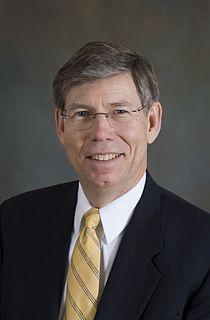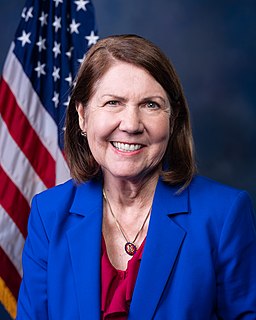A Quote by Ted Lieu
The stakes in the encryption debate are high, with significant consequences for personal privacy, the U.S. private sector, and our national security.
Related Quotes
So, in 1993, in what was probably the first salvo of the first Crypto War, there was concern coming from the National Security Agency and the FBI that encryption would soon be incorporated into lots of communications devices, and that that would cause wiretaps to go dark. There was not that much commercial use of encryption at that point. Encryption, particularly for communications traffic, was mostly something done by the government.
National security is a really big problem for journalists, because no journalist worth his salt wants to endanger the national security, but the law talks about anyone who endangers the security of the United States is going to go to jail. So, here you are, especially in the Pentagon. Some guy tells you something. He says that's a national security matter. Well, you're supposed to tremble and get scared and it never, almost never means the security of the national government. More likely to mean the security or the personal happiness of the guy who is telling you something.
It's always been government's role to protect the security of the nation. And cyber-attacks is a security issue, from our perspective. And it's a security issue of particular concern with respect to the nation's core critical infrastructure, the infrastructure everyone relies on, the energy sector, the telecommunications sector, the banking sector.
It's just the banks who are the latest target of the American socialist left. There is a war on the entirety of the private sector. It is the private sector that employs most of you, that services most of you, that creates the economic prosperity that our nation has enjoyed - and there is a war on that private sector, and it's being waged from the Oval Office, and its foot soldiers are on Wall Street and in other cities around the country.
We have a media that goes along with the government by parroting phrases intended to provoke a certain emotional response - for example, "national security." Everyone says "national security" to the point that we now must use the term "national security." But it is not national security that they're concerned with; it is state security. And that's a key distinction.

































